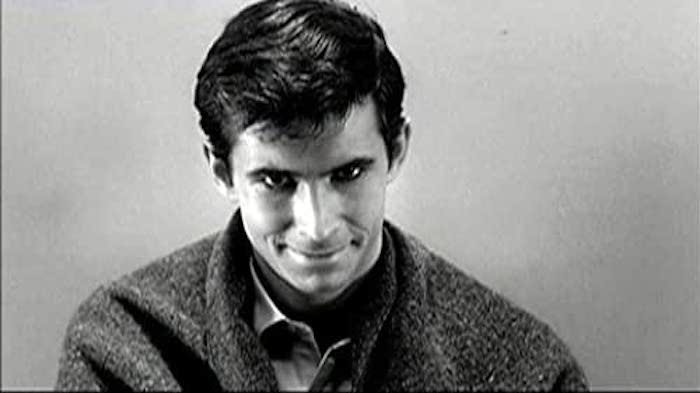
A good film should set the mind to working. There’s nothing worse than forgetting an entire movie by the time you reach the lobby. For those of you, men or women, who love, have loved, or will love—this film will have something to say to you.
The story follows a family who moves into a castle in the English countryside in the 1930’s. The father, a recently successful author, plans to write his subsequent masterpieces there. Twelve years later, he has not written a word, the rent is two years overdue, and the family finds themselves in dire straights. The anchor of the story is the 17-year-old daughter Cassandra (Romola Garai), who, unlike her father, spends much of her time writing in her journal. When two wealthy American brothers of marriage age show up at the castle, that strange and elusive concept of love begins to muck up the works, while at the same time presenting salvation for the down and out family. Cassandra’s older sister Rose eventually lands the older brother Simon, played by Henry Thomas, but seems to be more concerned with the size of his bank account, and for Cassandra, that seems a problem.
The film really sets out to explore love, as so many other films do, but mainly the unrequited kind of love–the kind that hurts. Every relationship in the film seems to be affected by this variety of love; serving as inspiration for the artists, and for the rest of those who aren’t so inclined, to simply give meaning to their lives. Unlike the serpentine and contrived domino-effect of the “I love him and he loves her and she loves someone else” plots that litter daytime dramas in every part of the world, this one really seems to come from the heart. Cassandra serves as the conscience of the story, the only one able to stick to her guns, treading carefully through the minefield and not letting herself be derailed into any relationship that does not suit her. The character of Cassandra bares an obvious resemblance to the heroines of Jane Austen’s great works: the sister whose inner beauty ultimately outshines the prettier, older sister. She’s the one who’s seemingly not good enough for any of them–yet too good for all of them.
I was reminded of a quote that I cannot find attributed to anyone in particular: Who I loved, loved me not, who loved me, I loved not. It’s a cruel joke that afflicts all too many of us poor humans, but this story treats it more realistically than Austen usually did. Only one couple seems to find what they are looking for.
The performances are good with the exception of the stiffly wooden brother Neil, but he’s hardly enough to ruin the ensemble. Younger male audiences might find the plot completely uninteresting and inscrutable, and if you are one of these youngsters, give this movie a few years and go back to it once you’ve had a real taste of the “L” word.

